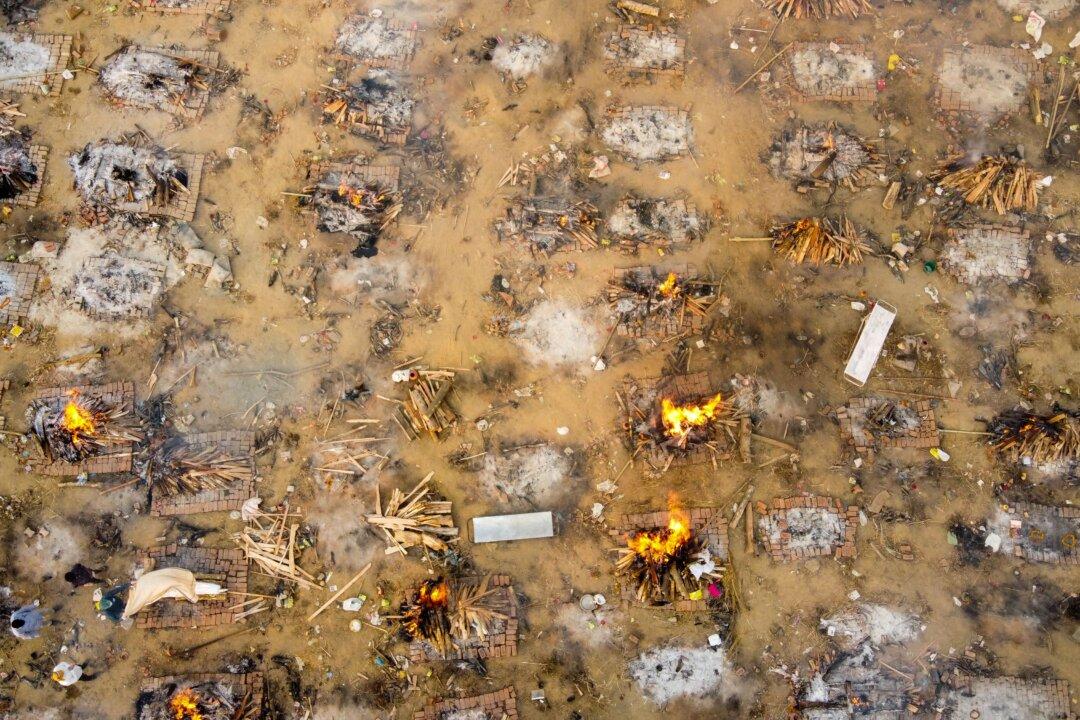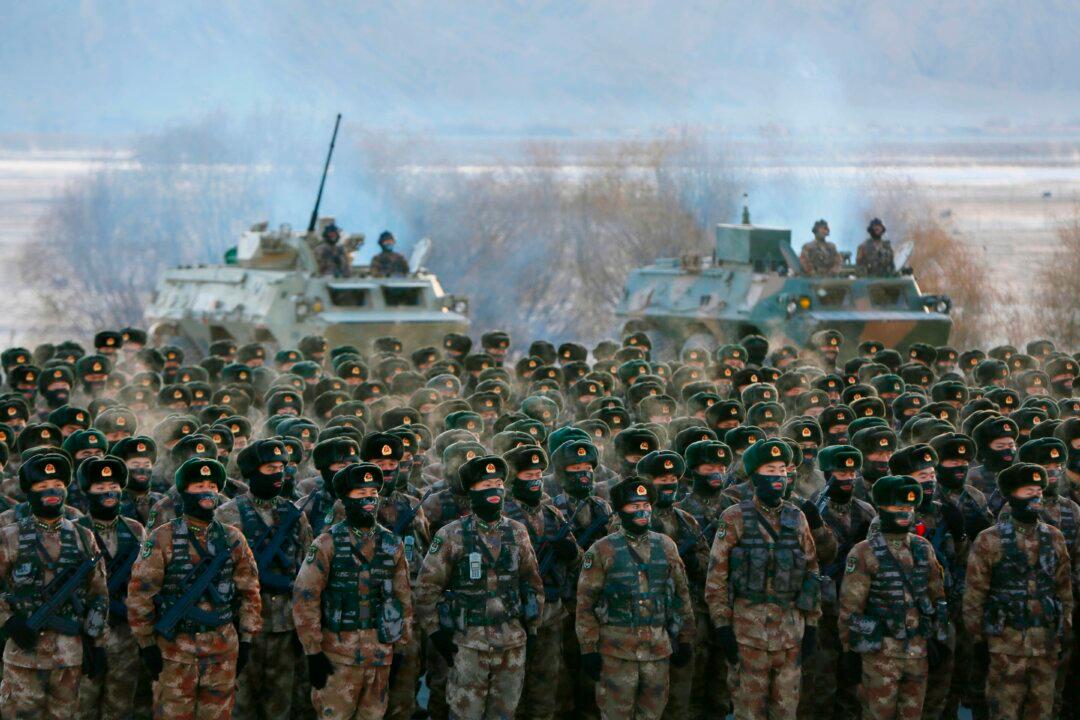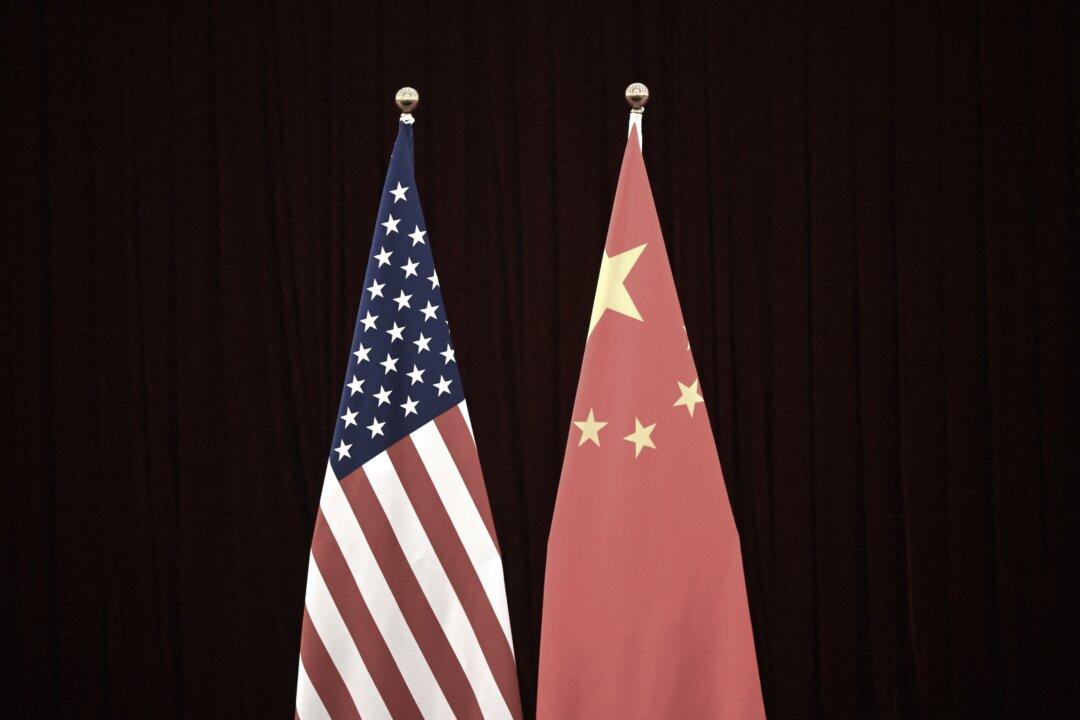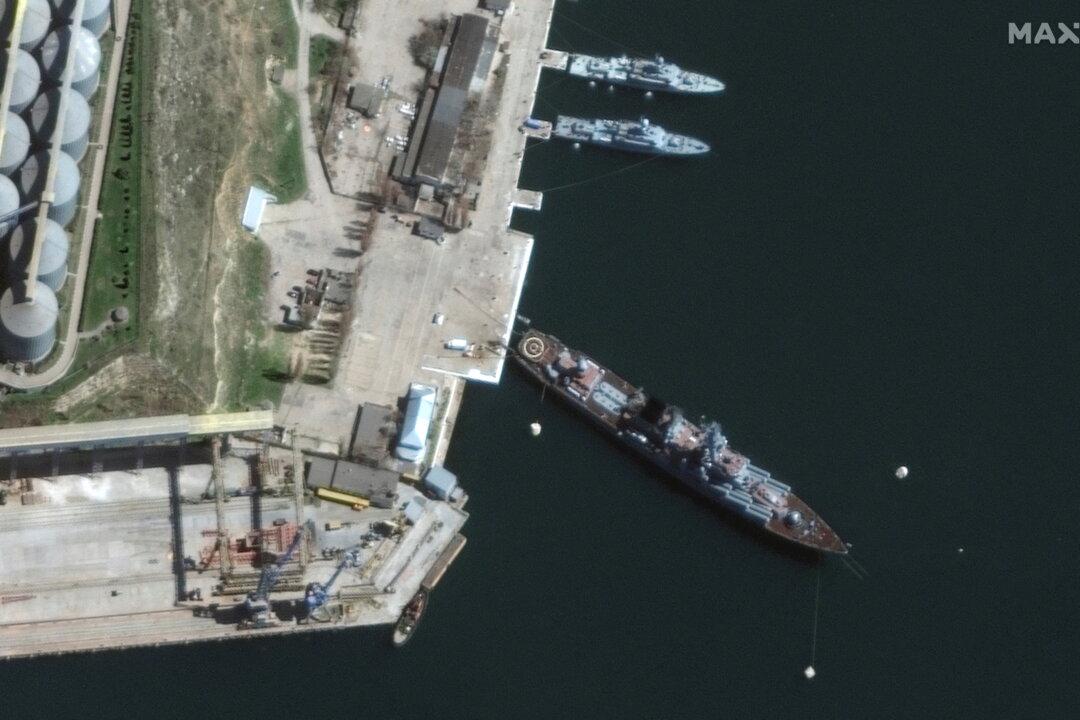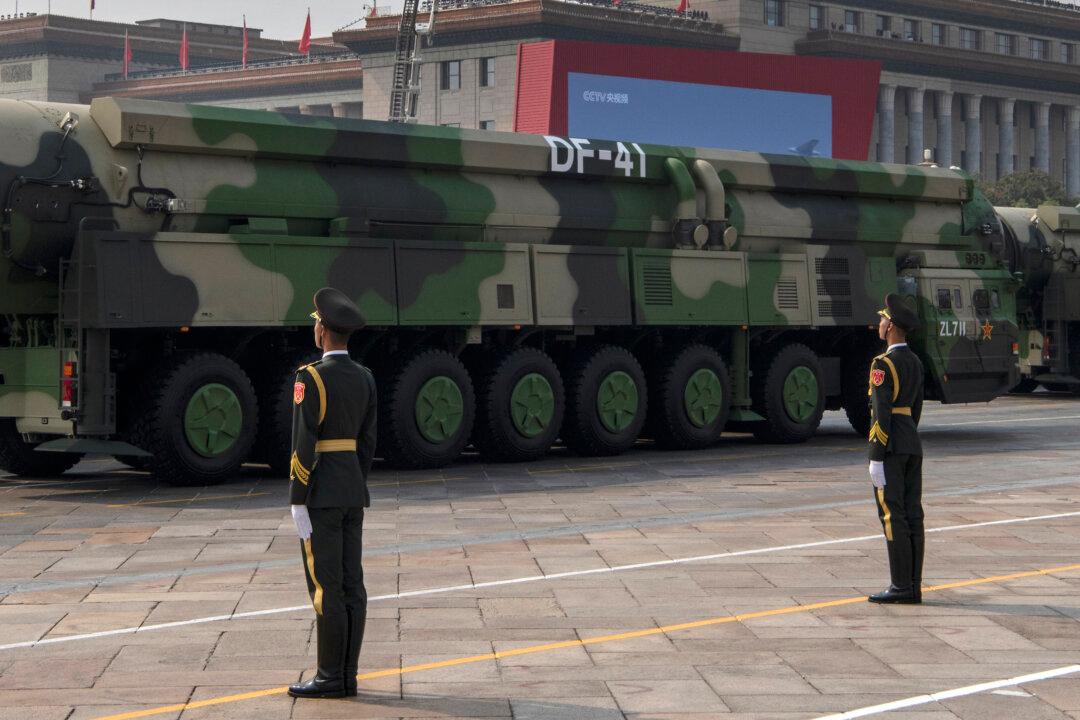Commentary
In the 3rd century BC, the Roman poet Quintus Ennius wrote “Amicus certus in re incerta cernitur,” which translated means “a sure friend is known when in difficulty.” After two millennia, this statement is now being discussed from Delhi to Washington by those who are wondering whether the current U.S. administration is really a true friend to the people of India.
